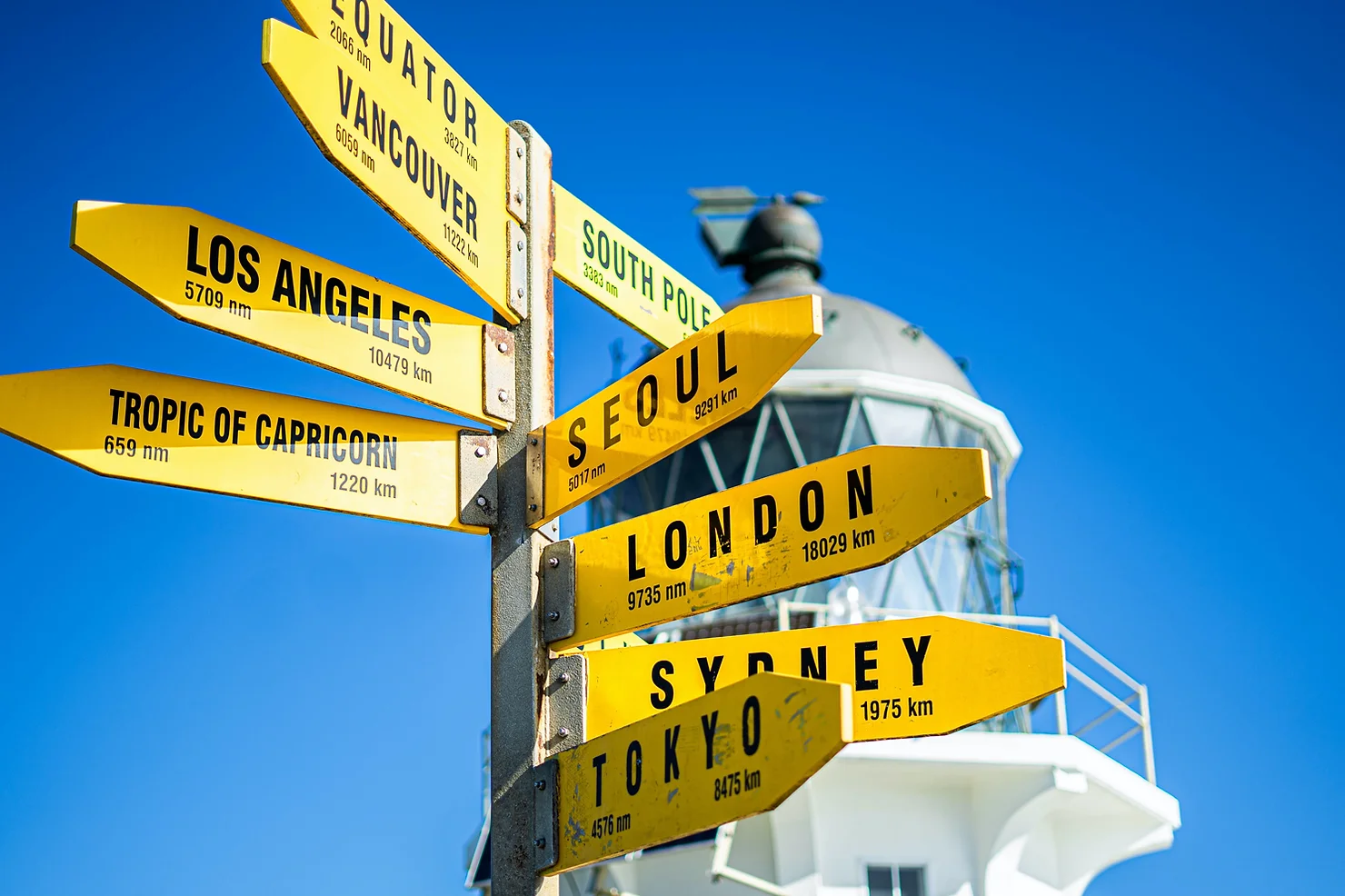I’m trying to constantly Update but things are changing daily
UPDATED REGULARLY – PLACES CANADIANS CAN TRAVEL DURING COVID
Things are changing quickly – and yet some days feel like a year! I am on a conference call with some of the top advisors in the travel industry and they can’t all agree on some topics.
What does anyone know?!?!
Is it safe to travel to the Caribbean in August ?
What will be open for the festive holidays? – Who knows
I know that travel is itching to open and that it will be a whole new world when it does.
Update – Here is an interactive map of travel restrictions around the world
THIS IS THE ONLY THING YOU NEED TO CHECK!!!!
CLICK on the country and read ALL of the writing as sometimes its the last comment
https://www.iatatravelcentre.com/international-travel-document-news/1580226297.htm
Air Canada Flights from Canada to….
https://www.aircanada.com/ca/en/aco/home/book/travel-news-and-updates/2020/route-updates.html
So keep checking back as I will put new places as they are announced!
You can always check on the Canadian government site for a specific country
https://travel.gc.ca/travelling/health-safety/travel-health-notices/221
Mexico and The Caribbean
– Antigua – open Antigua & Barbuda has updated its entry requirements for travellers to include a negative COVID-19 RT-PCR test result within seven days of their flight, which comes into effect on July 9 at 11:59 p.m. AST. This also applies to transiting passengers. All arriving passengers must wear a face mask on disembarkation and in all public areas, as well as complete a Health Declaration Form. They’ll also be subjected to screening and temperature checks by Port Health Authorities upon arrival.
All arriving passengers will be monitored for COVID-19 for up to 14 days, and may be required to undergo testing on arrival or at their hotel or place of lodging. Arriving passengers with symptoms of COVID-19 may be isolated as determined by health authorities.
– Anguilla – TBA
– Aruba – opening July 1st
– Bahamas – Opening July 1 for commercial travel
The Bahamas has updated its entry requirements for travellers to include a mandatory Bahamas Health Visa application as well as a negative COVID-19 test result within 10 days of arrival. Effective immediately, all travellers will be required to complete the electronic application at travel.gov.bs prior to departure from their place of embarkation, and upload a negative COVID-19 RT-PCR test plus provide contact information. The Government of The Bahamas will accept the negative COVID-19 RT-PRC (swab) test if the same was taken within 10 days of arrival. Tests over 10 days old will not be accepted. An automated response will be provided once the application is completed. The only people approved to travel are those who have received a green colour-coded responses as proof of approval. This confirmation must be presented upon arrival in The Bahamas. Children under two years old are not required to have the test. Children between 3-10 must take a test unless proof is presented upon arrival that their state/county does not administer tests for children in this age range.
– Barbados – open Canadians will be the first visitors to be welcomed back to Barbados when the island resumes commercial flights on July 12. Twice-weekly Air Canada service from Toronto Pearson to Grantley Adams International Airport (GAIA) will resume on July 12. Intra-regional flights on Caribbean Airlines are expected to resume in mid-July.
At the airport, public health protocols are in place including face masks en route to Barbados, physical distancing of three feet as well as temperature checks. Within 72 hours prior to departure for Barbados, all travellers from high-risk countries are strongly encouraged to take a COVID-19 PCR test from an accredited laboratory (ISO, CAP, UKAS or equivalent). High-risk countries are defined as those with more than 10,000 new cases in the prior seven days and community transmission. Travellers from low-risk countries will have up to one week prior to departure for Barbados to take their tests. These countries are defined as those with less than 100 new cases in the prior seven days and not in the Community Transmission category.
There will be a new online Embarkation/Disembarkation card (ED card) with personal health questions relating to COVID-19 symptoms, which travellers will be required to complete. Once all required steps are completed and supporting documents uploaded, travellers will receive a bar code via email. On arrival in Barbados, travellers will be required to present evidence of a negative result of a PCR COVID-19 test and bar code to clear immigration. Travellers without a documented negative PCR test result from an accredited or recognized laboratory will be required to take a test upon arrival, and will be quarantined at their expense, pending the results. The anticipated wait period for the test results is 48 hours. If travellers fail the test they will be placed in isolation where they will receive care from the Ministry of Health and Wellness. For more information go to https://gisbarbados.gov.bb/covid-19/.
– Bermuda – July 1st – Prior to departing for Bermuda, travellers should:
-
Obtain a certified negative PCR COVID-19 test within 72 hours of departure
-
Ensure they have appropriate health insurance
-
Wear face masks when travelling to the departure airport
-
Wear face masks and practise physical distancing at the departure airport
-
Complete a traveller screening form and arrival card
– Cuba – They extended the closure of its airspace until July 1
– Dominican Republic – July 1st Phase 5 of the Dominican Republic’s reopening plans commenced on July 1, with most hotels, airports, gyms and restaurants reopening with social distancing and safety protocols in place. At airports, temperature checks have been implemented; those registering a temperature above 38 C degrees or presenting any other symptoms will also undergo a rapid COVID-19 test. Use of face masks is mandatory for all employees and passengers, while a Traveller’s Health Affidavit must also be filled out and submitted by all travellers.
– Jamaica – open Jamaica reopened its borders to international travellers on June 15 with new health and safety protocols in place. All visitors will be screened via thermal temperature checks and symptom observation; those with elevated temperatures will be subject to additional screening and testing, if needed.
– St Lucia – open Pre-travel testing for COVID-19 is now mandatory for all travellers heading to Saint Lucia, effective July 9. Travellers are required to obtain a negative PCR test within seven days of travel unless arriving from designated ‘Travel Bubble’ countries in the Caribbean. Those with proof of a negative PCR test may be exempt from on-island testing and advance through to their COVID-19 certified hotel.
All arriving passengers will be screened, including temperature checks, at the airport. Those with symptoms will be isolated and tested and must remain in quarantine at their hotel or Government Operated Quarantine Facility until test results are obtained. If positive, they will be transferred to a treatment facility until they receive two negative test results.
Anyone arriving without proof of a negative PCR test within seven days will be subject to immediate isolation and testing with possible quarantine or treatment in the event they test positive, at the traveller’s expense.
– St Barths – opened June 22
– St Maarten – August 1st for US travelers
– Turks & Caicos – Opening July 22nd –
Travelers will be required to take a COVID-19 PCR test within five days of travel, rather than the previous requirement of the test to be taken within three days of travel. Children under the age of 10 years old are not required to be tested.
A 14-day quarantine period will not be required for visitors once they have tested negative for the virus.
Additionally, travelers must have medical or travel insurance that covers medevac, a completed health screening questionnaire, and certification that they have read and agreed to the privacy policy document.
These requirements must be complete and uploaded to the TCI Assured portal, which will be available on the Turk and Caicos Islands Tourist Board website, in advance of their arrival. Insurance companies providing the prerequisite insurance will also be available on the portal.
Once travelers register on the TCI Assured portal and complete the requirements as outlined, a travel authorization notification will be given. The TCI Assured travel authorization should be presented at the time of check-in – airlines will not be able to board passengers without this authorization.
Upon arrival to the airport, visitors can expect to present their TCI Assured certifications to local authorities, before proceeding through immigration where temperature checks will also take place.
– US Virgin Islands – July 11th
– Mexico – Travel to Mexico as early as July for tourism. The currentnon-essential travel ban for land-travel to Mexico for “tourism and recreational in nature” currently expires on June 22, 2020
-travel from Canada is happening and Air Canada has different flights going weekly
– Cabo San Lucas – International airport will not open till July On June 1 Los Cabos launched Phase I of a five-phase approach that applies to all travel sectors and service operators. Upon completion, hotels, timeshares and some travel operators will be able to resume activities. The Los Cabos Tourism Board also confirmed that 62% of the destination’s hotel inventory will resume operations, while airlines including AS, AA, WN and DL have announced their return. Los Cabos is projecting the return of Canadian travellers as part of Phase IV, between October and December 2020. See https://www.visitloscabos.travel/industry/health-safety-standards/.
– Puerto Vallarta –
Puerto Vallarta began reopening its beaches and hotels at the end of June, with hotel capacity at a maximum 30%. For the list of current hotels that have reopened go to visitpuertovallarta.com/covid19.php.
While hotels have begun to gradually reopen, the iconic Malecon waterfront promenade has yet to fully open to the public, with only access points to restaurants and shops. Bars remain closed until the destination completes its current phase of the reopening process.
Safety measures at Gustavo Díaz Ordaz International Airport include social distancing practiced by airport workers, thermal video cameras, electronic documentation, and disinfectant mats at all entrances and exits.
Canadian airlines are awaiting approvals from the Canadian government to resume service to Puerto Vallarta. Service is tentatively scheduled to resume with the following airlines: Air Canada (September 2020); Air Transat (fall-winter 2020); Sunwing (fall-winter 2020), and WestJet (fall-winter 2020).
Cancun / Mayan Riviera – TBA
Club Med openings –
-
June 12th 2020 Club Med Sandpiper Bay, Florida
-
July 1st 2020 Club Med Cancún Yucatán, Mexico
-
August 1st 2020 Club Med Turkoise, Turks & Caicos
-
October 17th 2020 Club Med Punta Cana, Dominican Republic
-
October 17th 2020 Club Med La Caravelle, Guadeloupe
-
Dec 5th 2020 Club Med Michès Playa Esmeralda, Dominican Republic
-
December 5th 2020 Club Med Ixtapa Pacific, Mexico
-
December 5th 2020 Club Med Les Boucaniers, Martinique
-
December 5th 2020 Club Med Columbus Isle, Bahamas
Canada
Projected dates vary per province –
Atlantic Canada
Thanks to a new “travel bubble” rule, residents from Newfoundland and Labrador, Nova Scotia, New Brunswick and P.E.I. can travel freely between the four maritime provinces without needing to self-isolate upon entry. However, each of the provinces has its own specific rules as to who is allowed to enter, forms that may need to be filled out and required ID. Detailed specific requirements for each of the four provinces can be found in this article or on each province’s website.
Aside from residents of Atlantic Canada, most Canadians are not presently allowed entry into Newfoundland and Labrador, New Brunswick and P.E.I. unless they fall within specific exceptions that differ for each province. The one exception is Nova Scotia, which is allowing Canadian travelers entry with the requirement that they must self-isolate for 14 days upon entry to the province (read more about Nova Scotia’s rules on its website)
Quebec
Most travel restrictions have been lifted (though travel to the Cree Territory of James Bay and Nunavik is still limited) and there are no self-isolation requirements for Canadian residents. Read more here.
Ontario
Ontario has no inter-provincial travel restrictions. General Covid-19 Ontario information is available on the website.
Manitoba
Manitoba is the only province outside of Atlantic Canada (and the Territories) with domestic coronavirus travel restrictions. Travel is permitted but anyone arriving in the province is required to self-isolate for 14-days. However, there are some specific exceptions for northwestern Ontario and British Columbia, Alberta, Saskatchewan, Yukon, Northwest Territories and Nunavut. Details can be found on this website.
Saskatchewan
Currently the province has no domestic travel restrictions. More information here.
Alberta
Though non-essential travel is not advised, Alberta presently has no inter-provincial domestic travel restrictions. More info here.
British Columbia
The province has no domestic travel restrictions. More info can be found here.
Yukon
Canadian travelers can enter the territory but must self-quarantine for 14 days in Whitehorse. However, essential workers and residents from the Yukon, British Columbia, Northwest Territories or Nunavut are exempt. For more information, visit the province’s website.
Northwest Territories
With few exceptions (read about exceptions here) only residents of NWT and Nunavut are allowed to enter the province but they still must self-isolate for 14 days (unless they are traveling directly from either territory due to the Common Travel area rule.
Furthermore, the government states that: “travellers arriving in the NWT must mandatorily self-isolate for 14 days in Yellowknife, Inuvik, Hay River or Fort Smith only. NWT residents cannot self-isolate in a small community or other regional centre other than the four listed communities if they have returned from outside the NWT. This is a measure to avoid overwhelming health centres in small remote communities and ensure those exposed to COVID-19 are close a well-equipped hospital care.”
More information about exceptions to the travel rules and other details are available on the website and here.
Nunavut
Most non-Nunavut residents are banned from entering the territory aside from a few exceptions. Recently, a Common Travel Area was established between Nunavut and the Northwest Territories so residents of those Territories can travel freely without quarantining if they have not been outside their respective territory for two weeks prior to entry. Before travelers from NWT can enter Nunavut, they must complete and sign the NU and NWT Traveller’s Declaration form.
Otherwise, NU residents entering from the rest of Canada are subject to a mandatory 14-day isolation period that will take place outside of the territory in either Ottawa, Winnipeg, Edmonton or Yellowknife.
United States for Canadians
The date has been pushed back till August 21st
Though the date has been pushed back there’s a major loophole, according to The U.S. Embassy in Ottawa, the order does not apply to “air, rail, or sea travel at this time, but does apply to car travel, commuter rail and ferry travel.”
Spain
Spain will welcome foreign tourists back to the country from July 1, ending its two-week quarantine policy. It remains to be seen whether Canada will make you quarantine upon your return.
Iceland
Iceland has said it will reopen its borders to foreign tourists on June 15, though there’s a catch: Visitors will either have to agree to be tested for COVID-19 or self-quarantine for two weeks.
United Kingdom
Beginning June 8, travelers can enter the UK, but they must provide contact information and self-isolate for 14 days, or face fines.
Australia
Not for at least three more months – and even then it might only be other Pacific islanders and international students
China
The country where the pandemic began in December briefly reopened its borders to non-citizens before closing them again in late March due to an influx of new cases. It has not said when it plans to relax those restrictions.
Greece
Greece will allow direct international flights to Athens starting June 15
Update – Hoping to open to international travellers July 1st
Portugal
Planning on opening by mid June. Canada will be allowed to visit
https://www.visitportugal.com/en/node/421175
Croatia
Opening June 15th for European countries – other countries TBA
South Africa
Feb 2021
Tanzania
Open! No mandatory quarantine period is currently in place, however temperature checks, mask wearing, and social distancing is in effect
Bali
Planning to open September 2020
Malta
July 1st for 20 countries (mostly European) and July 15th for all others
Sri Lanka
August 1st – Visitors must bring a negative PCR test with them, and agree to have another test upon arrival,there is no quarantine period.
Czech Republik
June 12th for certain European countries for now everyone else is TBA
Italy
TBA for International tourists
France
Considering opening to non EU/Schengen nations July 1st



